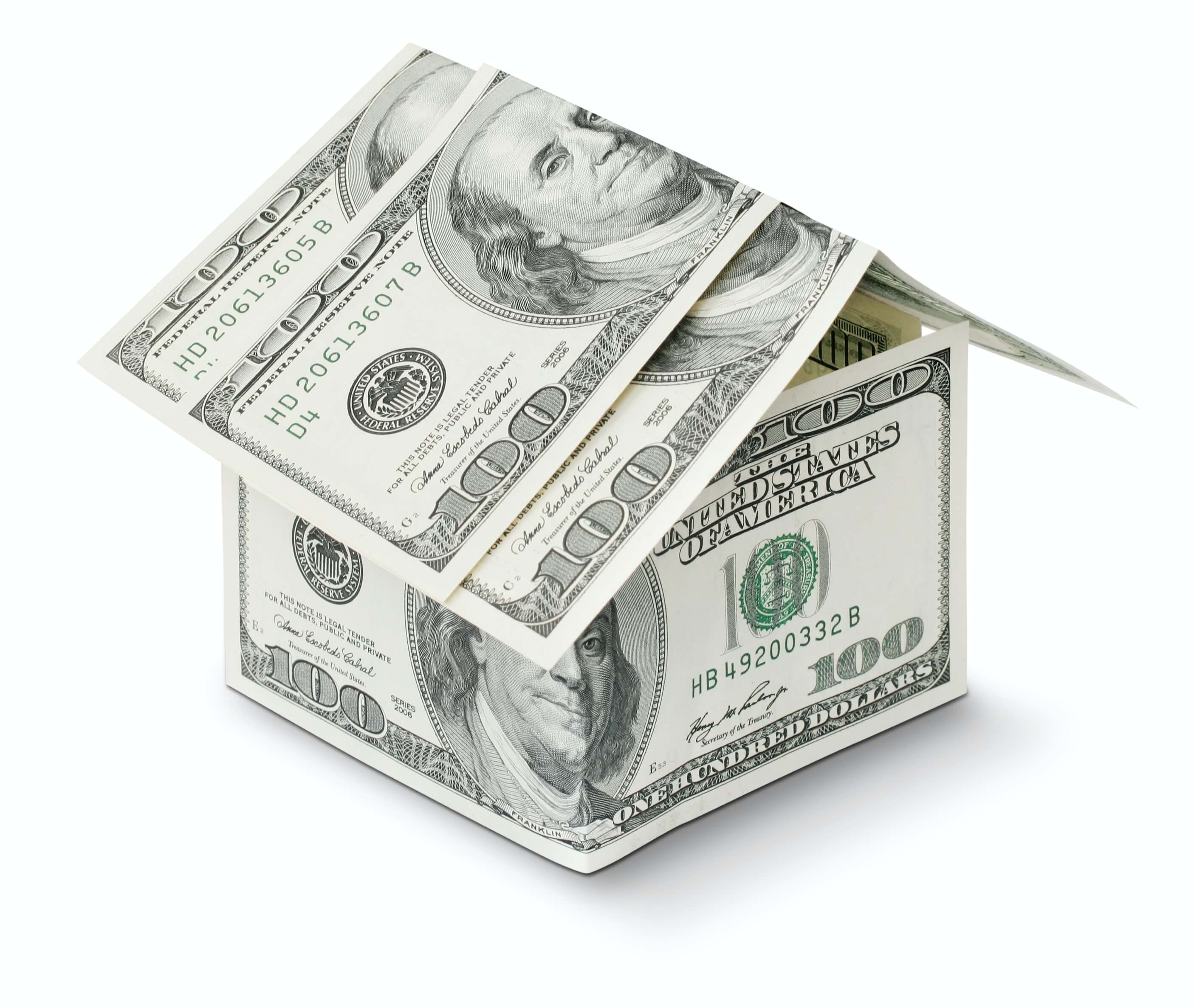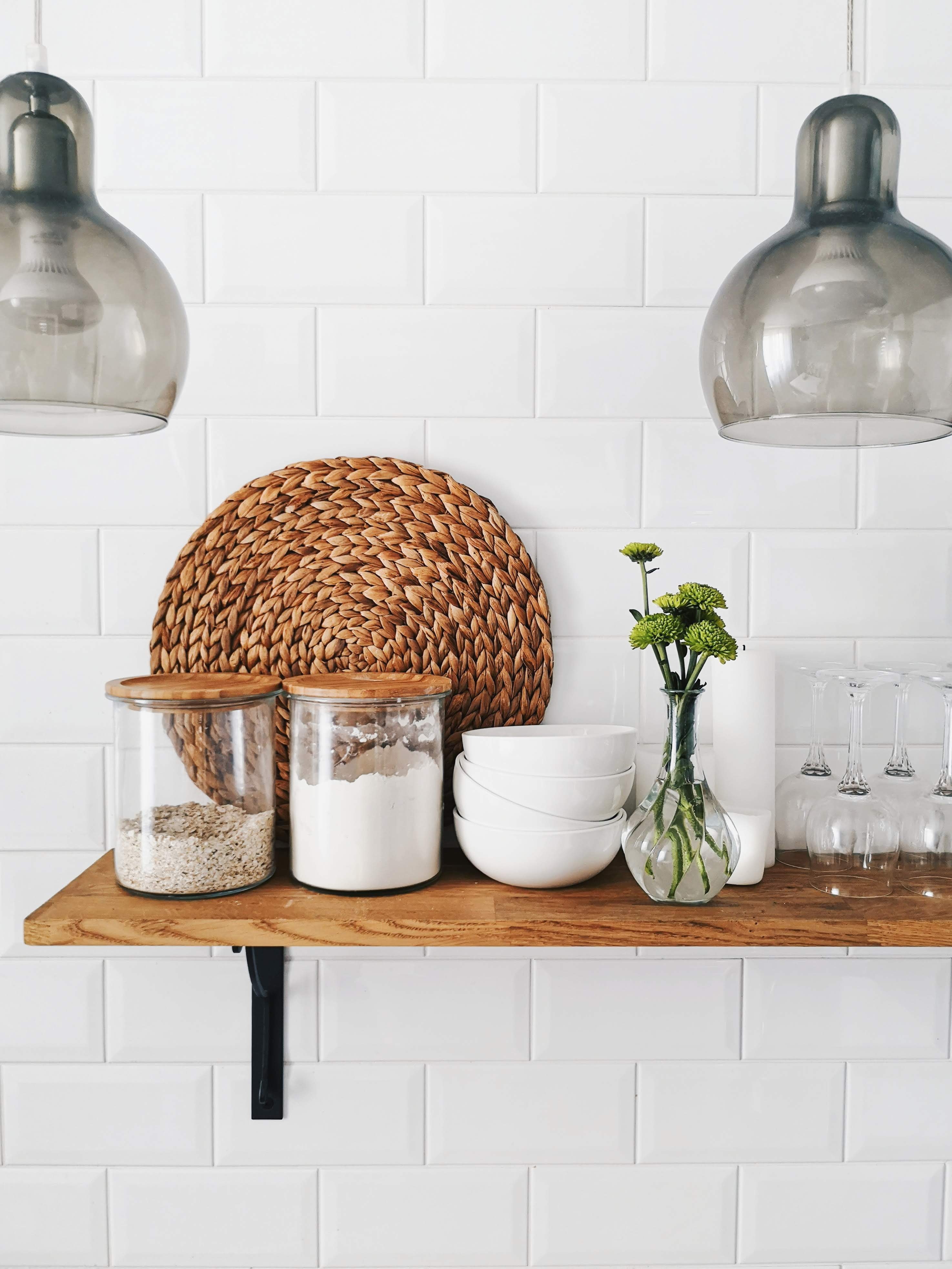Make Extra Mortgage Payments

Is It Really Smarter to Make Extra Mortgage Principal Payments?
Paying off your mortgage principal is one of the “hacks” people recommended for owning your home sooner. With a monthly mortgage payment being the largest expense most people have, paying down your mortgage principal faster can help you to both pay your home off sooner and reduce the total amount of interest paid. It can sometimes take just a few extra payments to shave years off a mortgage. However, confusion over how the mortgage principal of a home loan works keeps many people from doing this. Is living free and clear in your home sooner really as easy as making an extra payment here and there? Take a look.
What Is the Mortgage Principal?
One of the more frustrating aspects of buying a home is that most of your monthly mortgage payment goes toward interest during the first few years. This is why the balance seems to inch down incredibly slowly at first. You’re essentially paying down your intent instead of actually making a dent in what you borrowed.
When you make a mortgage payment, the funds are getting split between your principal and your interest. You may already know that your principal is the amount of money you’ve borrowed to purchase your home. Your interest is the percentage of your principal balance that you’ve agreed to pay to your lender based on your loan terms.
When approving your loan, your lender divides your interest rate by 12 in order to determine your monthly interest amount. Next, your loan balance is multiplied by that figure to create your monthly interest payment amount. Your lender determines how much your principal and monthly interest payments need to be per month in order to pay off your loan by the end of your 15-year, 30-year, or specialty term.
Every mortgage has an amortization schedule. While yours will vary based on your interest rate and loan type, an amortization schedule determines how long your interest-to-principal ratio will be lopsided before principal payments represent the bulk of your monthly payment. Of course, the amortization schedule is designed to bring your principal balance to $0.
The PMI Angle
Are you making private mortgage insurance (PMI) payments because you put down less than 20% on your home? PMI goes away once you hit 20% equity on your home. Principal payments help you to build equity at a faster pace to shake off PMI much sooner.
Paying Extra on Your Mortgage Principal
Some homeowners decide to make voluntary extra payments on their mortgage principal in order to pay off their homes sooner. Extra payments are generally allowed with all mortgages. In many cases, your lender will help you set up a system for making principal-only payments. There may be some restrictions about when extra payments can be made if you have an adjustable-rate mortgage (ARM). Always inquire about a prepayment penalty with your lender before making any extra payments on any type of loan.
Different Ways to Make Extra Mortgage Payments
There are several different strategies for clearing your mortgage balance early. Before making any extra payments, speak with your lender about how to apply your extra payments toward principal only. Your lender will generally apply any extra payments to interest by default. Some lenders will require you to speak with a representative every time you make a principal-only payment. Others have convenient portals for principal-only payments.
Choose Your Strategy
The fastest way to shave several years and thousands of dollars in interest from a loan is to make extra monthly principal payments. If you can’t swing a full principal payment, even adding just an extra $100 toward principal per month can still potentially save you single digits in years and five figures in interest.
Another option for paying down a mortgage faster is to make bi-weekly principal payments. This feels like a “cheat” because you’re squeezing in an extra payment each year without much pain. Made every two weeks, biweekly payments are half the size of your regular mortgage payment. During the 52 weeks of a year, you’ll make 26 biweekly payments that work out to 13 full payments instead of the standard 12.
You can also commit to making lump-sum principal payments when you have extra money in your budget.
Reasons Not to Make Extra Mortgage Principal Payments
The first thing to know is that making extra payments on your principal won’t buy you any graces with your mortgage company. Your next payment will still be due for the same amount of your agreed-upon monthly amount the next month. If you ever have trouble making future mortgage payments, you can’t call on those extra payments to cover the gap.
While the idea of paying off a mortgage early is enticing for people who desire financial freedom, the truth is that this isn’t the smartest financial decision in all cases. Here are some reasons why paying off your principal early isn’t always the hack people think it is:
- Some lenders charge additional processing fees for principal-only payments.
- Locking more of your money into your home voluntarily reduces your liquidity.
- Investing the extra cash elsewhere could produce higher returns.
- Paying off other debts with higher interest rates may benefit you more.
- If you itemize your tax return, you’ll lose your mortgage interest deduction once a mortgage is paid off.
- If you can’t make future mortgage payments, the extra payments you’ve already made won’t help you.
- Waiting to refinance at a lower rate may save you more over time.
If you’re serious about paying down your principal, start by crunching the numbers on your own. In addition to seeing how much you’ll save by making extra payments, do the math on the potential return of investing that same amount into other investments. Once you decide you’re ready to toss more toward your principal, bring your lender into the conversation to confirm that extra payments will be applied specifically to the principal instead of principal and interest without any penalties.

